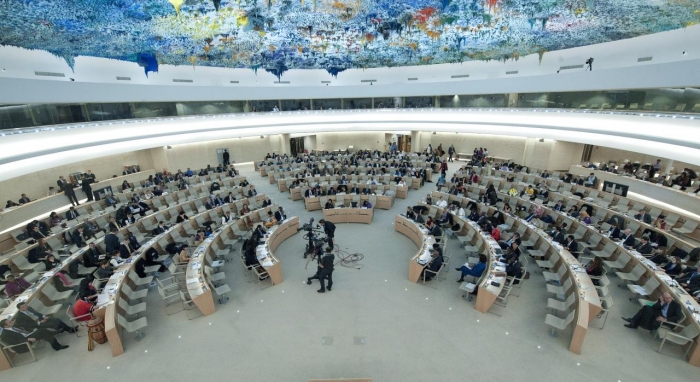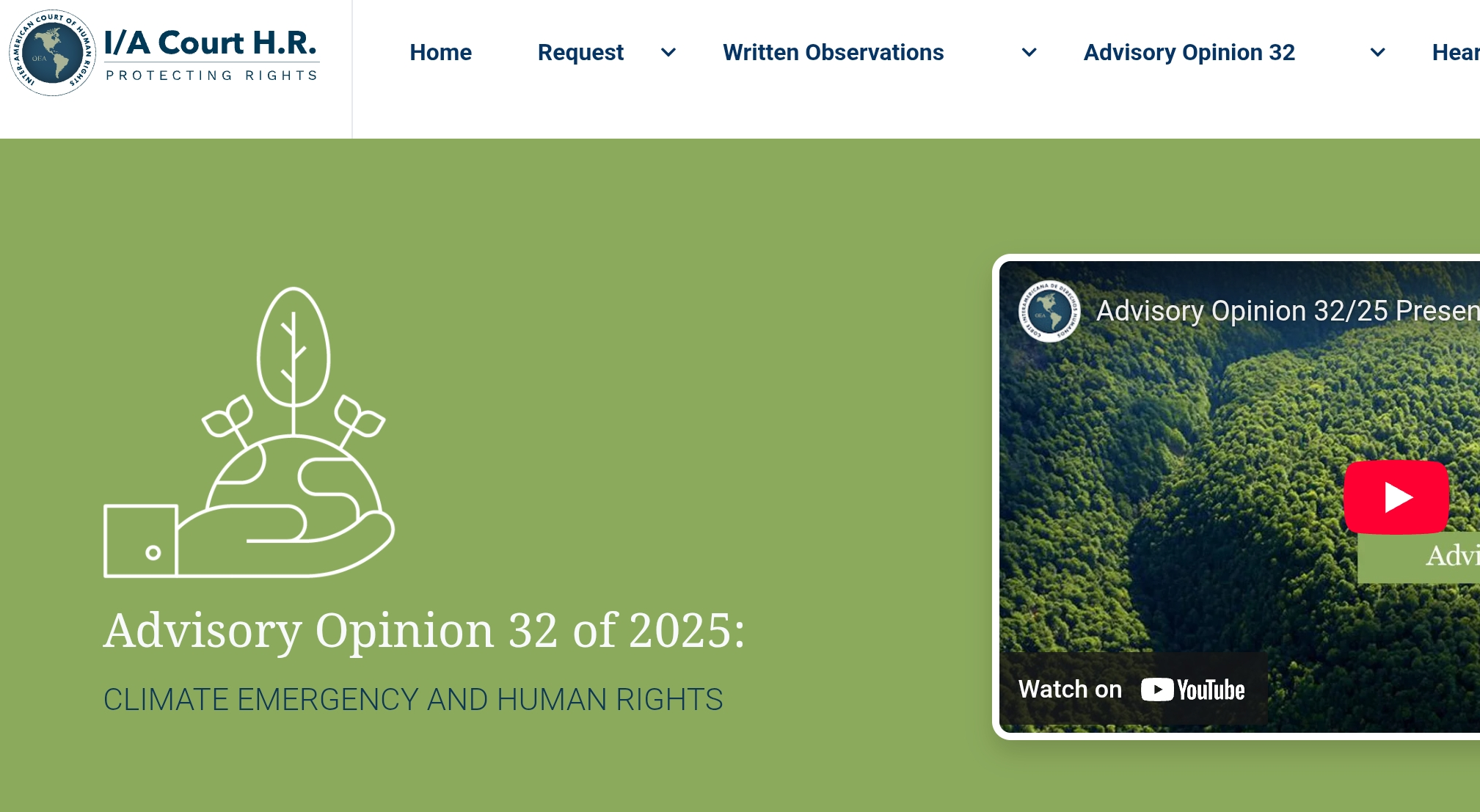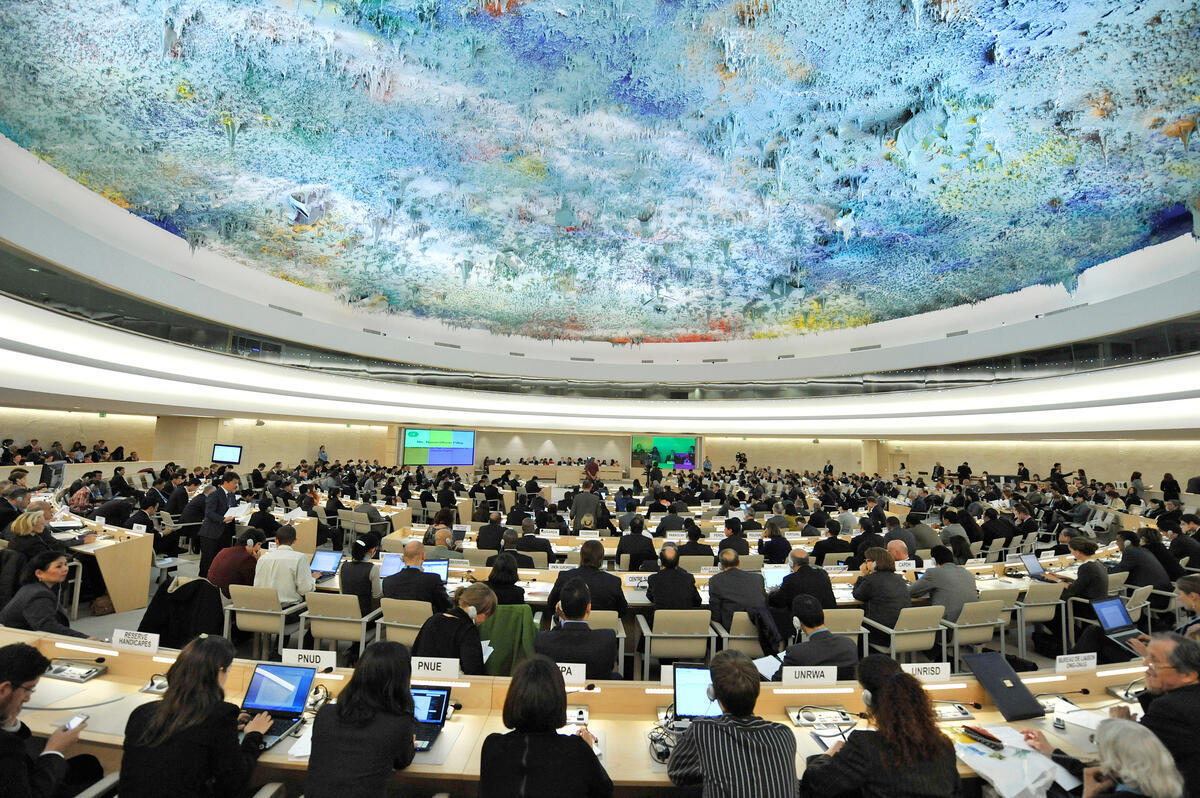In a statement delivered to the Human Rights Council’s 34th session, ISHR joined a record number of 67 States in welcoming the October 2016 appointment by then UN Secretary-General, Ban Ki-moon, of Assistant Secretary General Andrew Gilmour as the first high-level official tasked to end all intimidation and reprisals against those cooperating with the UN.
High expectations of new official to curb reprisals
The Director of ISHR’s Human Rights Council Advocacy, Michael Ineichen, said those submitting information and complaints to ASG Gilmour should be regularly updated on the status of their case. Lack of transparency, information and updates is a common deficiency among the various UN human rights communications mechanisms and procedures and should be addressed.
‘We expect ASG Gilmour to develop a public facing policy so that victims know how to submit information, and what they can and can’t expect as a response,’ said Mr Ineichen.
‘It is high-time to mobilise the entire UN system to protect those providing it with information’, Mr Ineichen said.
The ASG should also play and active role investigating and following up on cases, with impunity for reprisals having the effect of licensing further and worse reprisals.
The legal duty of the Human Rights Council President and Bureau to address and pursue accountability for cases of reprisals was also highlighted by both ISHR and the joint statement by 67 States. Among the most egregious cases of reprisals is that of the disappearance, arbitrary detention, and ultimately death of Chinese human rights defender Cao Shunli. She died in detention three years on 14 March 2014, but to date no one has been held responsible.
‘We expect Human Rights Council President Maza-Martelli to provide an update on steps that he has taken to hold the Chinese government – notably one of the Council members – to account for Cao Shunli’s death’, said Mr Ineichen.
Record number of States deliver joint statement against reprisals
Hungary, on behalf of a core group of Fiji, Ghana, Ireland and Uruguay, along with 62 other States, delivered a joint statement denouncing all acts of reprisals and the impunity many of the attacks enjoy. ‘Intimidation and reprisals are also an attack on the credibility and effectiveness of the UN human rights system as a whole’, the joint statement said.
The group of States, including 23 Human Rights Council members, encouraged the President and Bureau of the Council to ‘take immediate steps as are necessary’ to uphold their duty to prevent and respond to alleged cases of reprisals.
During the debate, Hungary’s joint statement was supported by a range of other statements, including by Malta (on behalf of the EU), Latvia and Belgium.
Continued lack of cooperation with Special Procedures denounced by experts and NGOs
ISHR’s statement also highlighted the persistent lack of responses to allegations of human rights violations detailed in the communication of the UN’s human rights experts, including by States which are members of the Human Rights Council and which have pledged to cooperate fully with the Council and its mechanisms
The Chair of the Coordination Committee of UN human rights experts, Yanghee Lee, also deplored the lack of cooperation by States as a ‘serious challenge’ to her work and that of other experts.
Published at every session of the Human Rights Council, the so-called ‘joint communications report of Special Procedures’ lists 245 cases of human rights violations published since September 2016, with half of them being left unanswered by the State concerned.
Despite the obligation of all States, particularly those members of the Human Rights Council, to respond in a timely and substantive manner, many States have yet to respond to at least one communication alleging rights violations. 20 of the current non-responders are Council members, including Bangladesh, Burundi, Brazil, China, Congo, Croatia, Egypt, El Salvador, Ethiopia, India, Indonesia, Kenya, Kyrgyzstan, Nigeria, the Philippines, South Africa, Tunisia, the United States and Venezuela.
‘The President of the Council should help enforce the cooperation obligation by urging these States to respond in time. Failing that, they should be given the floor at the beginning of the discussion of the joint communications report and asked to explain themselves’, said ISHR.
Download the full ISHR statement here.




